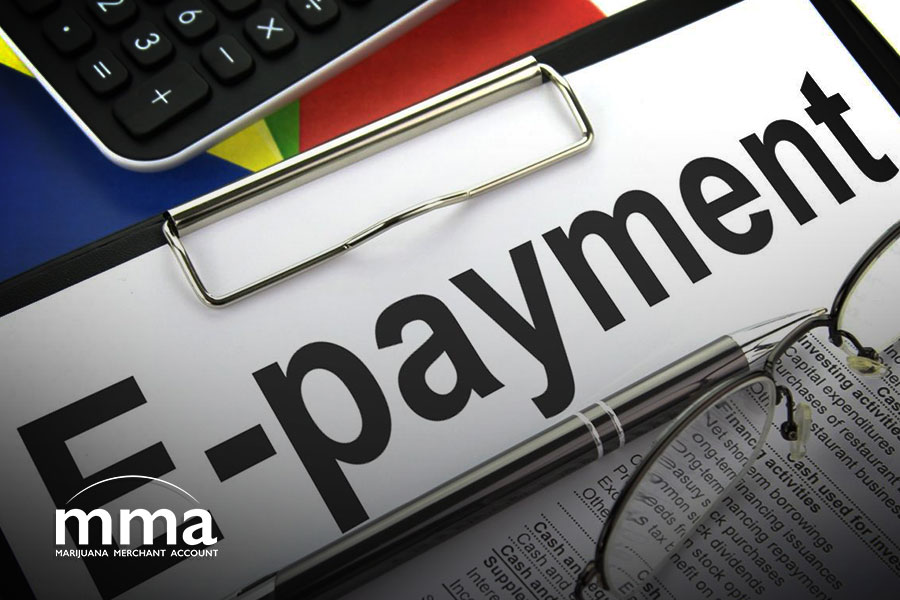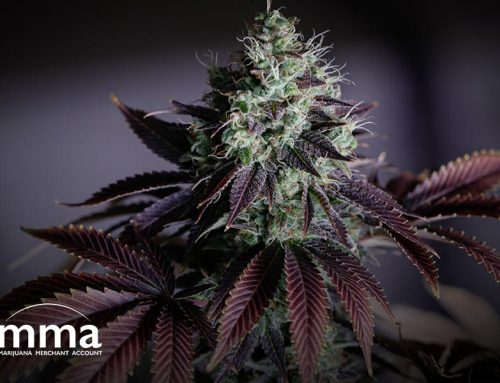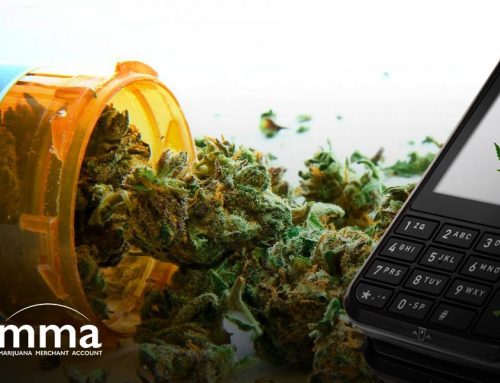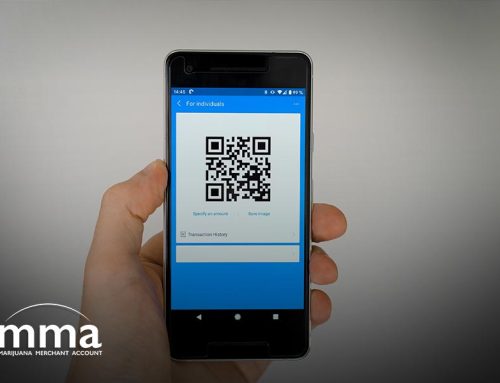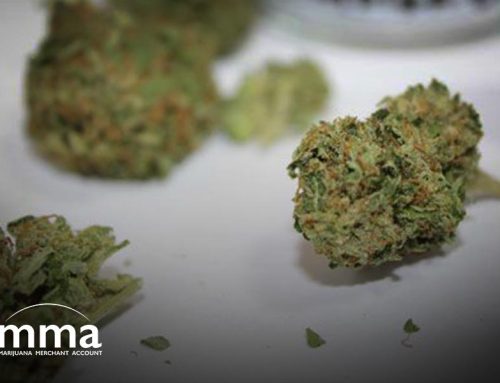Holding large sums of cash is too risky for Internal Revenue Service (IRS) personnel. Hmm. The agency would prefer electronic tax payments. Okay. They say the cash-based system in use now is tedious and risky. Absolutely. The cannabis industry has been clamoring for banking access. Cash is notoriously tricky to track.
Rep. David Joyce (R-OH) is co-chair of the Congressional Cannabis Caucus. He said that preventing marijuana companies from access to traditional financial services is “inefficient for business and the IRS alike, obviously, not to mention ample opportunity for fraud and abuse it creates, as well as the potential for criminal acts as far as robbing and stealing from those.”
Last year, the IRS issued updated guidance on tax policies for the marijuana industry. The IRS included instructions for cannabis businesses to make their tax payments with large amounts of cash. Now they’re feeling the effects on just how much of a safety issue and logistical burden that genuinely is.
During an oversight hearing before the House Appropriations Financial Services and General Government Subcommittee on February 23, Charles Rettig, IRS Commissioner, was asked about the lack of banking access for marijuana businesses and what steps could be taken to normalize the market.
Rettig’s response? He said that “the IRS would prefer direct deposits more than receiving actual cash payments.” He continued, adding, “It’s a security issue for the IRS. It’s a security issue for our employees in our taxpayer assistance centers, [which] is actually where we receive these payments,” he said. “We created special facilities in the tax to receive the payments. Then we similarly have to transport the payments themselves.”
A Treasury Department internal watchdog report, issued in April 2020 directed the IRS to “develop and publicize guidance specific to the marijuana industry. The Treasury Department criticized the IRS for failure to properly advise taxpayers in the marijuana industry about compliance with federal tax laws.
Similarly, during a confirmation hearing for President Joe Biden’s choice for deputy secretary of the Treasury on February 23, the topic of cannabis industry banking came up. The nominee, Adewale Adeyemo, responded to a question from Sen. Catherine Cortex Masto (D-NV) about updating the 2014 Financial Crimes Enforcement Network (FinCEN). Masto asked Adeyemo if the language should be updated and to describe the method he would take to “set expectations for financial institutions that provide services to cannabis-related industries.” The response was certifiably bland and non-committal.
“I look forward, if confirmed, to talking to my colleagues at Treasury about this important issue and thinking through what changes may be needed and doing this in a way that’s consistent with the interagency with the president’s guidance,” Adeyemo replied diplomatically. “In doing that, I look forward to consulting with you and members of this committee on our path forward.”
The crux of the issue? Cannabis is still federally illegal, even though the feds require tax payments from state-legal cannabis businesses. The IRS takes the position that they don’t determine whether or not a company or industry is legal or not. However, they still feel any, and all tax liabilities (for legal or illegal businesses) should be paid in full. And they would like those payments to be electronic.
If Congress passed legislation to federally deschedule weed, the banking access issues would be moot. Three Democrats in the Senate are drafting a legalization bill and pushing to get that done this year — Senate Majority Leader Chuck Schumer (D-NY), Senate Finance Committee Chairman Ron Wyden (D-OR), and Sen. Cory Booker (D-NJ). Even Steven Mnuchin, the former Treasury Secretary, said back in 2019 that he would support Congress to approve legislation that would fix the cannabis banking mess, noting that the IRS had built “cash rooms” to deposit the all-cash tax payments from state-legal cannabis businesses.
That said, could the influence of the IRS be the final push needed to legalize banking services to state-legal marijuana businesses? Does this push stem from the fear they’re getting stiffed on tax revenue as a result of this prohibition-era, cash-only remnant of weed?
Banking access for the cannabis industry has been a hot topic for a few years. Repeated attempts to allow banking access have stalled in the Senate. For example, House Democrats approved a bill in 2019 to protect financial institutions that service the marijuana industry from being penalized by federal regulators. The SAFE Banking Act has been plugged into two pieces of COVID-19 pandemic relief legislation, but it didn’t make it into the latest one.

